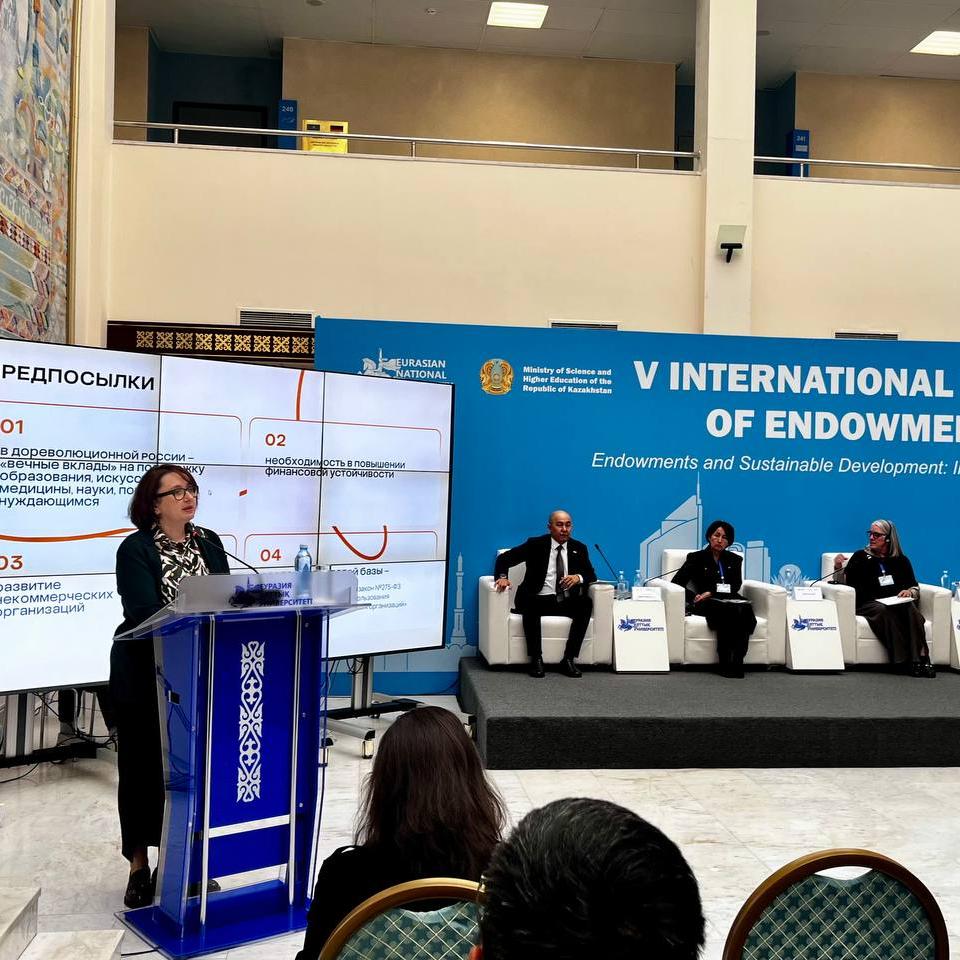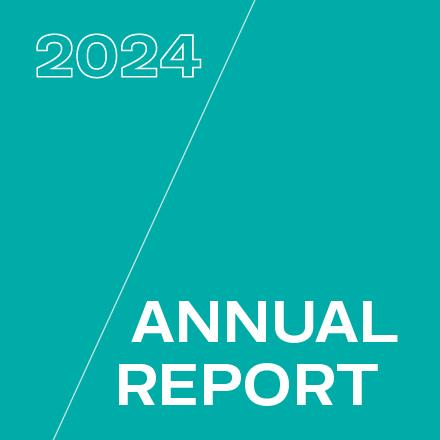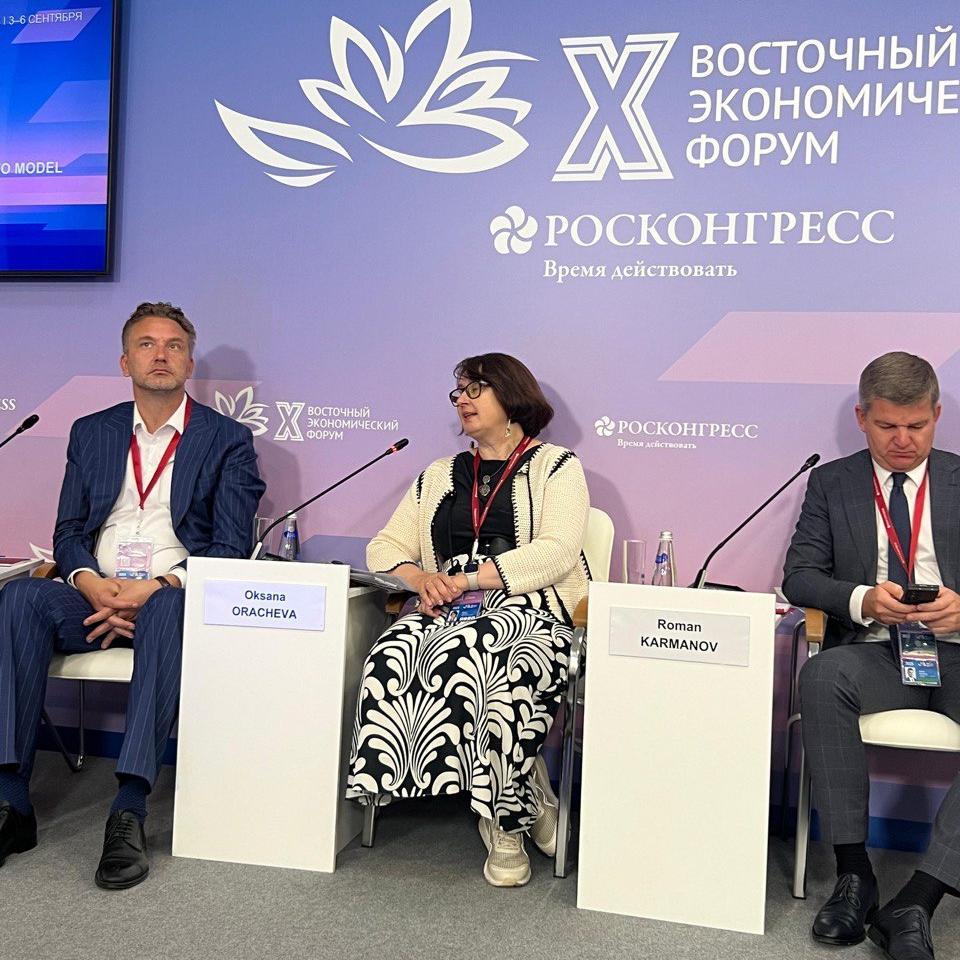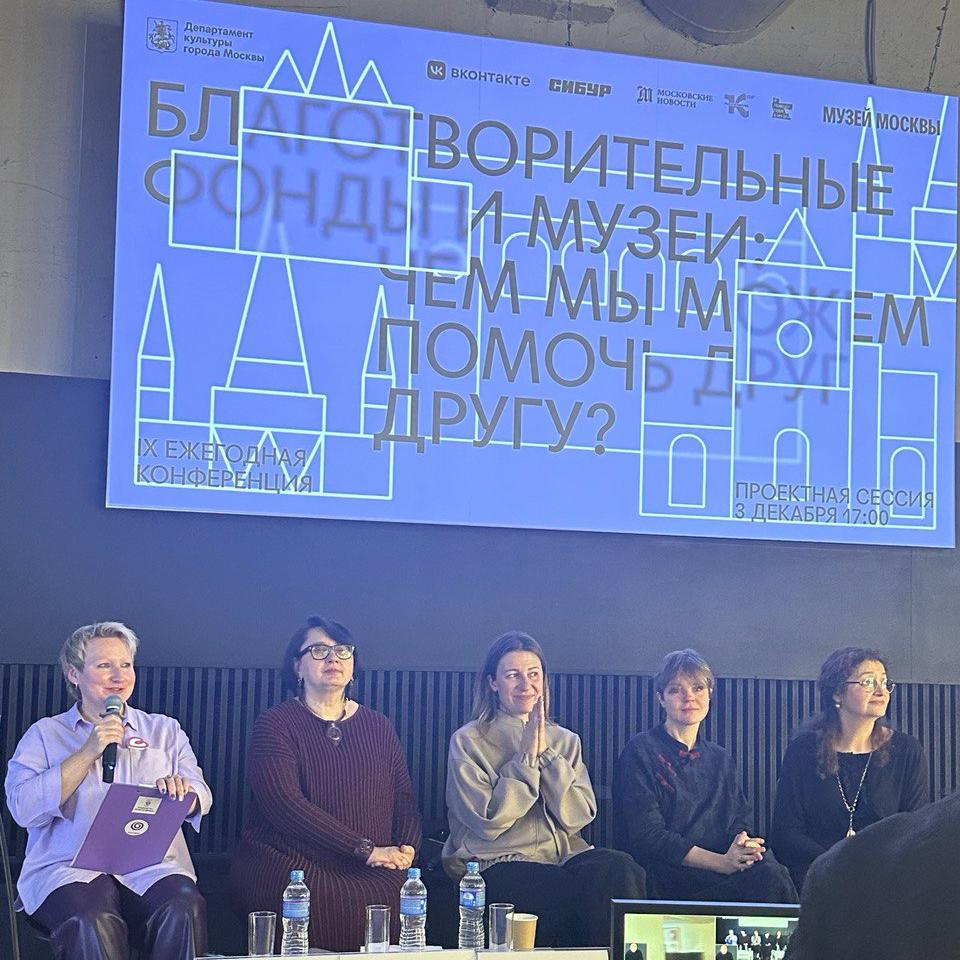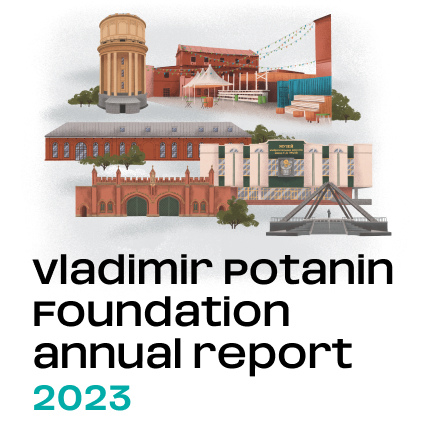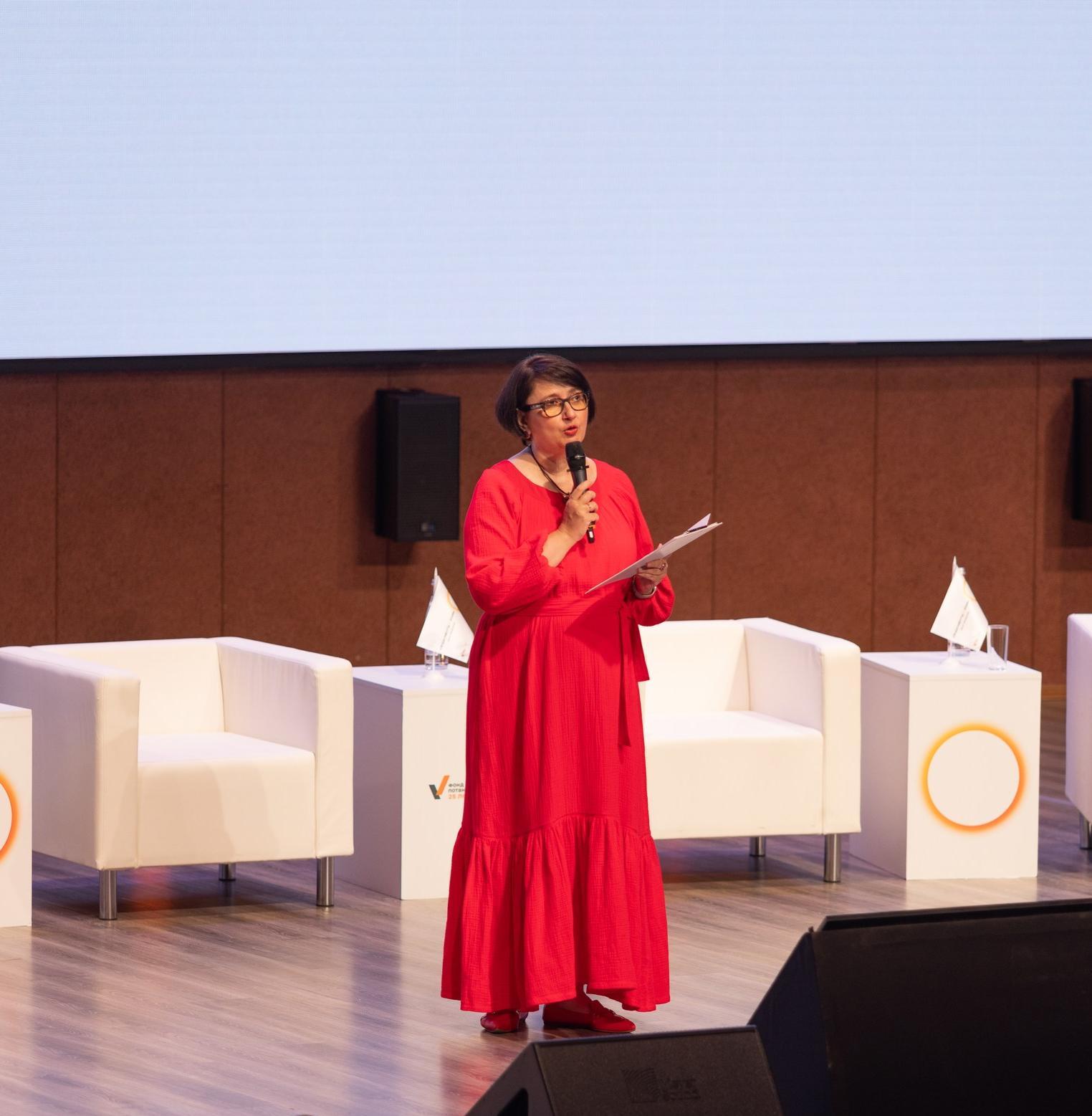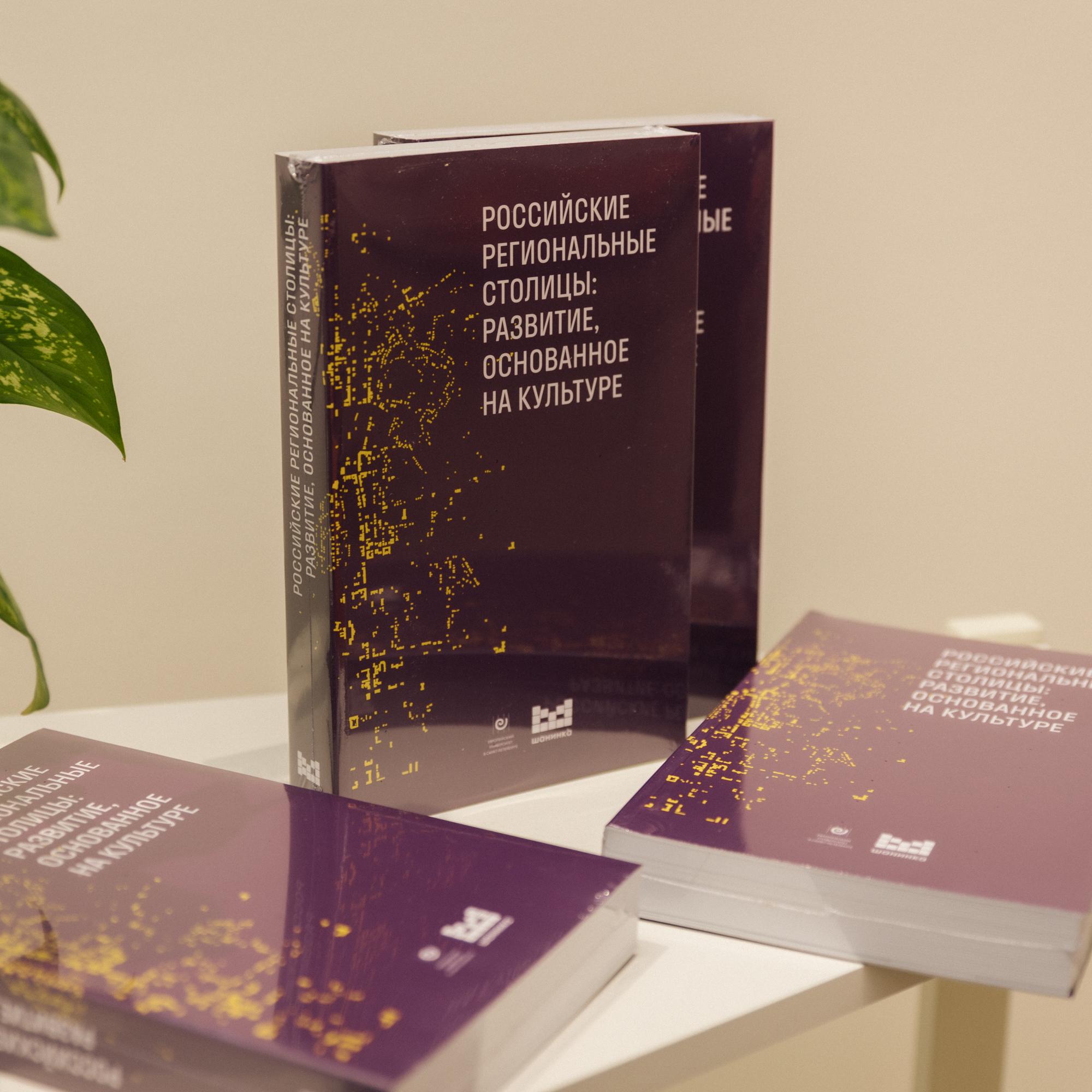(en) Текст новости
Gail Dexter Lord is President and a Co-founder of Lord Cultural Resources, the world's largest cultural professional practice with the successful completion of more than 2,500 projects in over 57 countries on 6 continents. The firm has earned an international reputation for sector leadership, innovation and excellence.
Discussing the challenges facing the art world as a result of the current corona pandemic, Gail states, “We need to envision the role of culture in the “post lockdown” world with large-scale unemployment, seating limitations and safety precautions, as well as more activity occurring outdoors, digitally and in the public realm. In this world, the cultural sphere can reduce social distance while maintaining physical distance. (…) The devil would be in the details of governance, technology and implementation. But angels fly from a vision of a better world, and this is what we need to allow ourselves to imagine.”
Her online talk is a part of Fostering the Future project took place on August 27. Below are some highlights from the conversation.
“I think that museums are going to survive. Museums have been through much worse than pandemics, for example, through war. Russia would be a great example. You know, what the Hermitage had to do to preserve its collection during the Second World War. Right now, some of the greatest heritage in the world has really been destroyed in West Asia through iconoclasm and other means. So, I think that it is rather important to shift our focus and talk about the arts, not museums. It is a different kind of issue. As for the museums, would put it in perspective of all kinds of problems they have always faced and their resilience. There are solutions to problems. I think that in the pandemic the collections a being preserved, some museums will merge, some museums will share their collections with others“.
“I am not a fan of the idea of saying, “Oh, poor us”. Not at all. In Russia and in many European countries, museums are really well supported. In Canada, we have a mixed economy and government is involved less than in Europe. There have been job losses and, certainly, there are revenue losses, but the museums remain intact as institutions. I think, the huge crisis is actually in the arts, whether it is performing art, or visual art, or any art form at all. Art is much more dependent on the commercial market, and there are millions of unemployed artists in the world today. I think, this is very tragic because we never needed art more. We need art for social cohesion, we need art for beauty, we need art for communication”.
“We all in this together. This is about our survival. (…) Governments have to change their thinking. Culture and museums are part of national identity. They are part of social well-being and health. Studies tell us that people who go to museums and gardens are more collaborative and have anger reduction, and at a time we really need to reduce anger. So, I think that Government has to own up this responsibility. (…) I think it is time that we as people who understand the meaning and the role of culture, the importance of culture in a masked society undergoing change and pain, we have to have a big conversation with the government about that”.
“Large museums are having huge number of problems. Tourism is going to be imploded for about four years. A certain amount of social distancing, even if there is vaccine, will likely be required, and a higher level of cleaning and maintenance is costly. (…) So, big museums are facing big money shortfall. Mid-sized museums are also facing shortfalls, but they were less dependent on tourism. As we get to smaller and smaller museums, we have less and less dependency of tourism. I actually see the future as an enormous opportunity for small museums because they are actually closer to their communities to start with”.
“I think that museums by their nature are both very local and very global. The challenge is really to find the way of the global and the local way of communicating in the spirit of openness, in the spirit of science but also in the spirit of healing people; all these things. It is a hard time, but Russian people know about hard times, and building the resilience of these institutions while thinking that the work we are doing is really a part of social mission - this is a great time to be a museum or cultural worker. And I congratulate all of you and hope we all continue to work together”.
Read more about the project VIDEO


